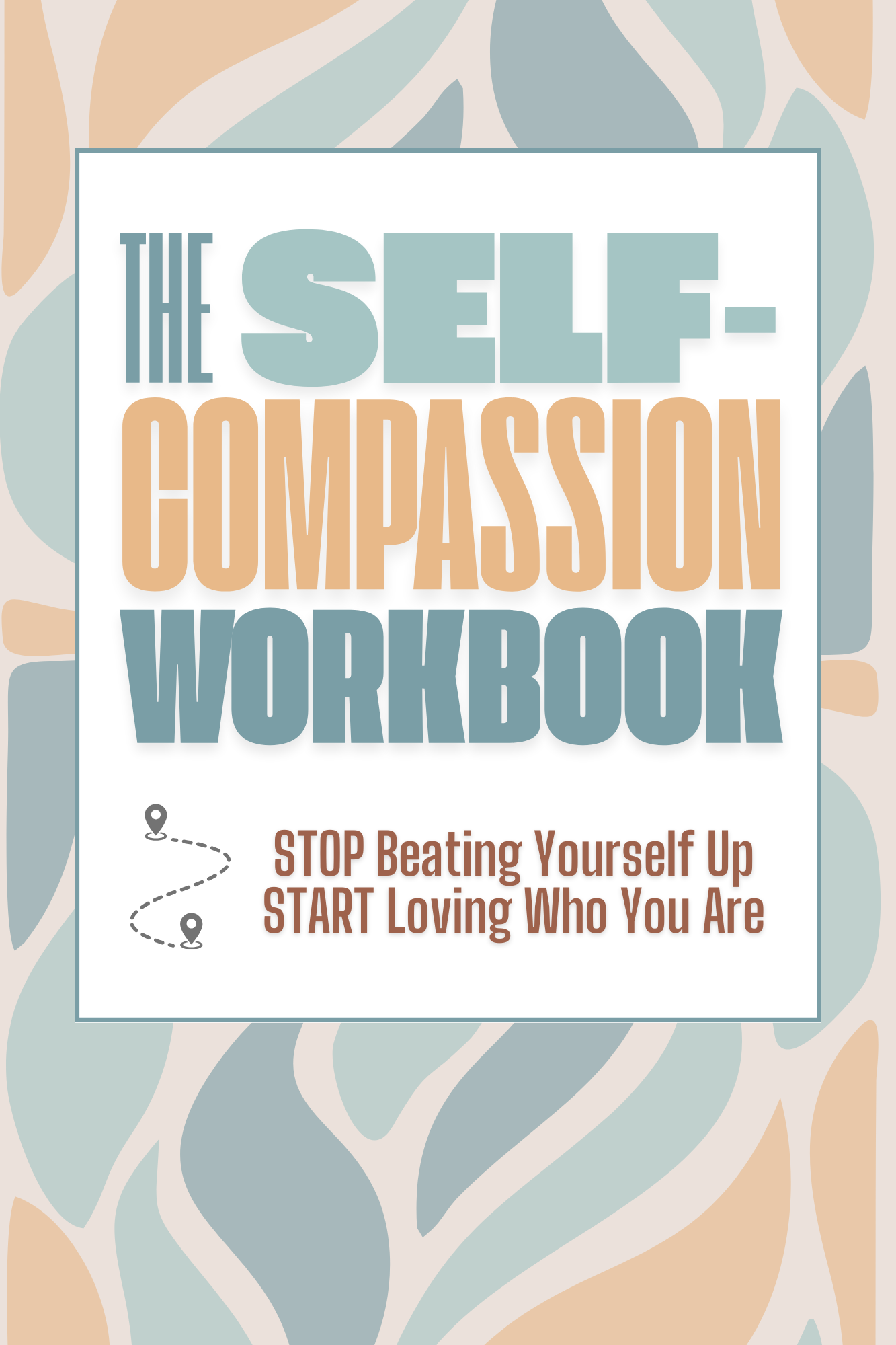Breaking Free from Negative Self-Talk: 3 Steps to a Kinder Inner Voice
Welcome to Week 2 of our 4-Week Self-Compassion Series! This week, we’re diving into one of the biggest hurdles to self-compassion: negative self-talk. You know the voice I’m talking about—the inner critic that shows up uninvited, quick to point out flaws and remind you of every mistake.
But here’s the thing: you don’t have to live with that voice running the show. In this post, we’ll explore why negative self-talk happens, how it impacts you, and—most importantly—how you can start shifting that dialogue into something gentler and more encouraging. Let’s get started!
What Is Negative Self-Talk?
Negative self-talk is that critical inner dialogue that tells you you’re not good enough, that you’ve failed, or that things will never work out. It often runs on autopilot, creeping in when you’re stressed or doubting yourself. While it might feel like it’s “keeping you in check,” all it really does is wear you down.
Now, imagine the difference it would make if you could turn down the volume on that voice—or even change the script entirely. You can. With a few simple strategies, you can retrain your inner dialogue to become more supportive, like a coach who wants to see you succeed instead of a critic who only points out the negatives.
Why Do We Talk Negatively to Ourselves?
Negative self-talk usually comes from somewhere. Maybe it’s a habit you picked up during childhood, societal pressure to “be perfect,” or a misguided belief that self-criticism equals motivation. Whatever the cause, one thing is clear: it’s not an inherent part of who you are. It’s just a habit—one you can unlearn.
The first step to changing it is recognizing that this critical voice isn’t your truth. It’s just noise, and with some practice, you can choose not to listen.
3 Ways to Stop Negative Self-Talk
Ready to quiet that inner critic and create a kinder inner dialogue? Here are three simple strategies to get you started:
1. Catch and Question the Critic
The first step is learning to notice when your inner critic speaks up. It’s easy to miss because it often feels like background noise—but once you start paying attention, you’ll realize how often it shows up.
How to Practice:
The next time you catch a negative thought, pause and label it: “There’s my inner critic again.”
Ask yourself: “Is this thought absolutely true? What evidence do I have for and against it?”
Then, challenge it: “Would I say this to a friend?” or “What’s a kinder way to look at this situation?”
This simple process takes the power away from your inner critic and gives you a chance to reframe your thoughts.
2. Replace Criticism with Curiosity
When self-criticism sneaks in, try swapping judgment for curiosity. Instead of beating yourself up, get curious about what’s really happening. Curiosity opens the door to learning and problem-solving, while criticism just keeps you stuck.
How to Practice:
When you notice a harsh thought, pause and ask yourself: “What’s really going on here?”
Shift from “Why did I mess up?” to “What can I learn from this?”
Spend a moment reflecting or journaling about your answer.
Curiosity helps you see mistakes as opportunities for growth, not failures to punish yourself for.
3. Create a Self-Compassionate Mantra
Mantras are like little mental resets—short, comforting phrases you can repeat when negative self-talk creeps in. Over time, these phrases can become your go-to response, helping you replace criticism with compassion.
How to Practice:
Think of a simple mantra that feels comforting. Here are a few ideas to get you started:
“I’m doing my best, and that’s enough.”
“It’s okay to make mistakes; I’m learning.”
“I deserve kindness, even from myself.”
Whenever a critical thought pops up, repeat your mantra silently or out loud.
Use it throughout the day, especially when you’re feeling stressed or overwhelmed.
Over time, your mantra becomes a tool for creating a kinder inner dialogue.
Bring These Practices to Life with The Self-Compassion Workbook
These strategies are a great start, but if you’re looking for more structure and support, The Self-Compassion Workbook is here to guide you. It’s full of practical exercises, reflection prompts, and tools to help you transform negative self-talk into self-compassionate habits that stick.
With this workbook, you can move from knowing how to quiet your inner critic to actually doing it—day by day, moment by moment. Let it be your companion as you build a stronger, more encouraging inner voice.
Your Path Forward
Shifting from negative self-talk to self-compassion doesn’t mean silencing every critical thought—it’s about noticing them and choosing a kinder response. Start with one of these strategies today, and see how even small changes can create a ripple effect in your confidence and well-being.
Later this week, we’ll dive deeper into affirmations to replace self-critical thoughts with empowering ones. Until then, be gentle with yourself—you’re doing amazing.


